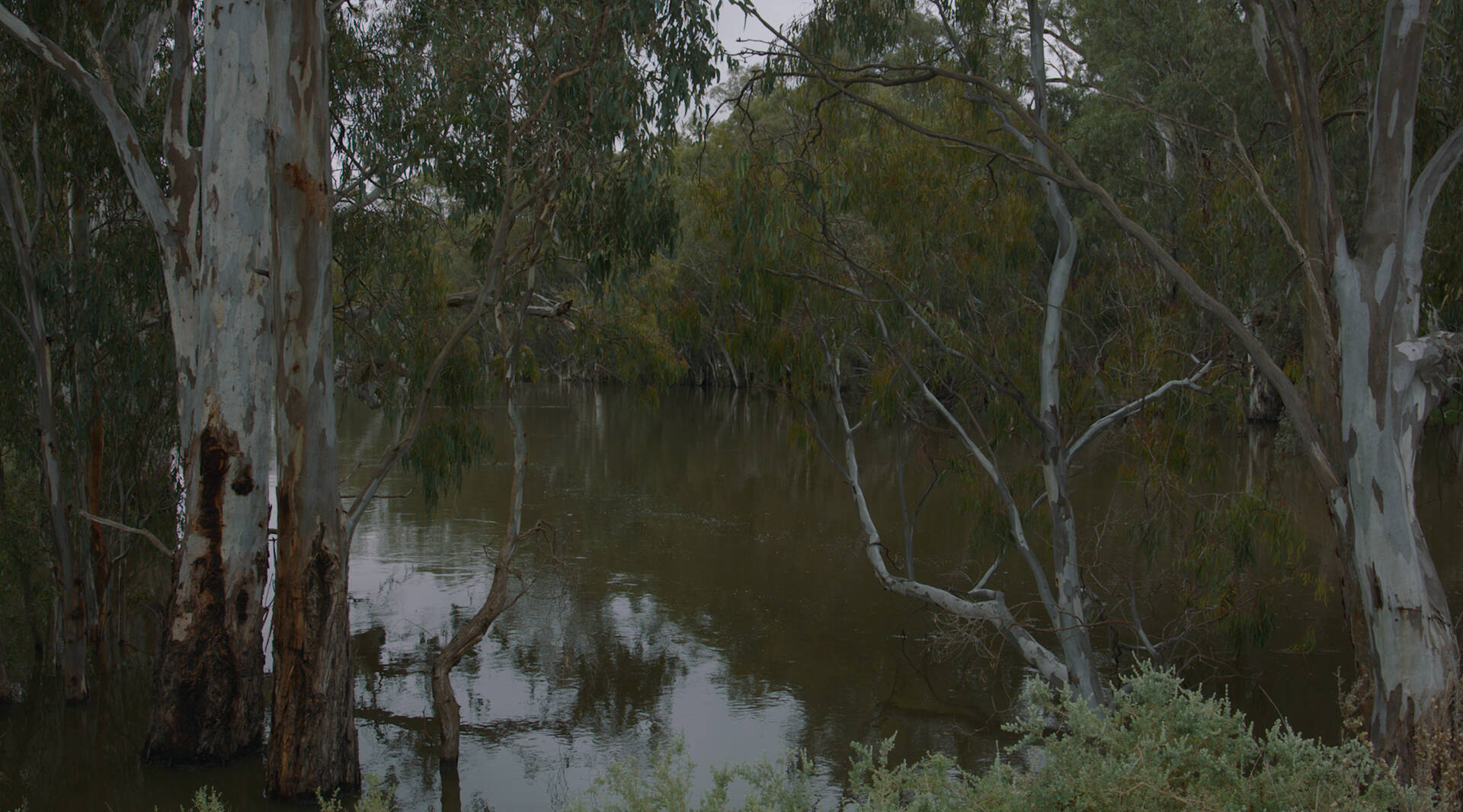Where Islamic Investing meets Socially Responsible Investing
In today’s world, it’s not enough to just think about risks and returns when it comes to choosing where to invest. There is a global movement to make conscious decisions to do our bit in creating positive change, and many are turning to the likes of Islamic Finance and Socially Responsible Investing to invest their money.
Islamic Finance is a rapidly growing market, currently worth a combined US$2.4 trillion in assets. Socially responsible investing (SRI) has also become a massive trend, the market is now worth $30.7 trillion. At first, they may seem like mutually exclusive investment concepts, but they actually have much more in common than you think in terms of their objectives, methods and claims. So, let’s take a look to see where Islamic Investing and SRIs share some common ground.
Islamic Investing and SRIs, both have an overall objective of promoting socially conscious and sustainable practices by promoting areas that are beneficial to humanity and avoiding areas that cause harm. To achieve this, qualitative screening is applied to filter out investment options that don’t fit the investment values. Some of the common industries that both investment methodologies don’t want their monies associated with include: weapons, tobacco, alcohol, gambling and adult media. They both place a strong emphasis on aligning finance with social good and seek to increase the contribution of the finance sector to the greater economy.
Where these two investment methodologies diverge, is when it comes to ‘riba’ – interest. For SRIs, interest-based activity, from which all conventional financial institutions derive profits from, isn’t necessarily considered to be an unethical practice, whereas the prohibition of interest/riba is central to Islamic finance.
In Islamic finance, you cannot use money to make more money, there must be an underlying asset or production of some sort to produce a profit. Investments must therefore be based on assets and therefore eliminating the opportunity of economic injustice that can exist in trade or business.
As well as applying the qualitative screening, Islamic investing also requires a quantitative screening to occur before any investments can be made; basically, looking at an organisations numbers and avoiding investments in organisations that, for example, are highly leveraged (presenting a higher risk of loss), or that are “cashed- up” (stopping the opportunity of economic activity of investment, employment).
This leads us to look into the way in which the respective investment methodologies are derived. For Islamic Investing, the investment principles are sourced from religious texts and rulings. The details related to these rulings are quite extensive, and (thankfully) the Accounting and Auditing Organisation of Financial Investments (AAOFI) have consolidated these rulings and provide a guide which is used globally. Even though the main drivers for Islamic finance are rooted in Islamic law, we have seen a growing shift in financial markets to seek Islamic finance and investments as an alternative to conventional finance and investments.
SRIs on the other hand, have broader categories and principles that form their criteria and often reflect the political and social climate of the time. The criteria has evolved and broadened through the decades as more awareness grows regarding various issues such as climate change and human rights. As a result, you’ll find that the principles applied across this industry vary.
This may beg the question, can all SRIs be considered as Islamic Investing? No, as the SRI criteria varies across the industry, and some of the areas that would be accepted by SRIs would not fall within the Islamic framework.
But, can Islamic investments be considered as SRIs? To a large degree, yes. And to show this in practice, Crescent Wealth has received accreditation from: Responsible Investment Association Australian (RIAA), Tobacco Free Portfolios, and The Responsible Finance & Investment (RFI) Foundation.
The financial services industry has an important role to play in creating a healthy and sustainable world. Global social movements seem to always require a mammoth effort, when really, great change begins with one person, asking the question, “what impact (negative or positive) is my money having both domestically and abroad?”
Acknowledging our investment choices do ultimately shape the world we live in is important. Because, with this, we realise the opportunity exists to use our super money to shift the impact from negative to positive by investing in those industries that create a world of equality, opportunity and sustainability and eliminate harm and destruction.
Share this
You May Also Like
These Related Stories

Australia’s water market: Investing in a sustainable future

How to Invest Halal In Australia


